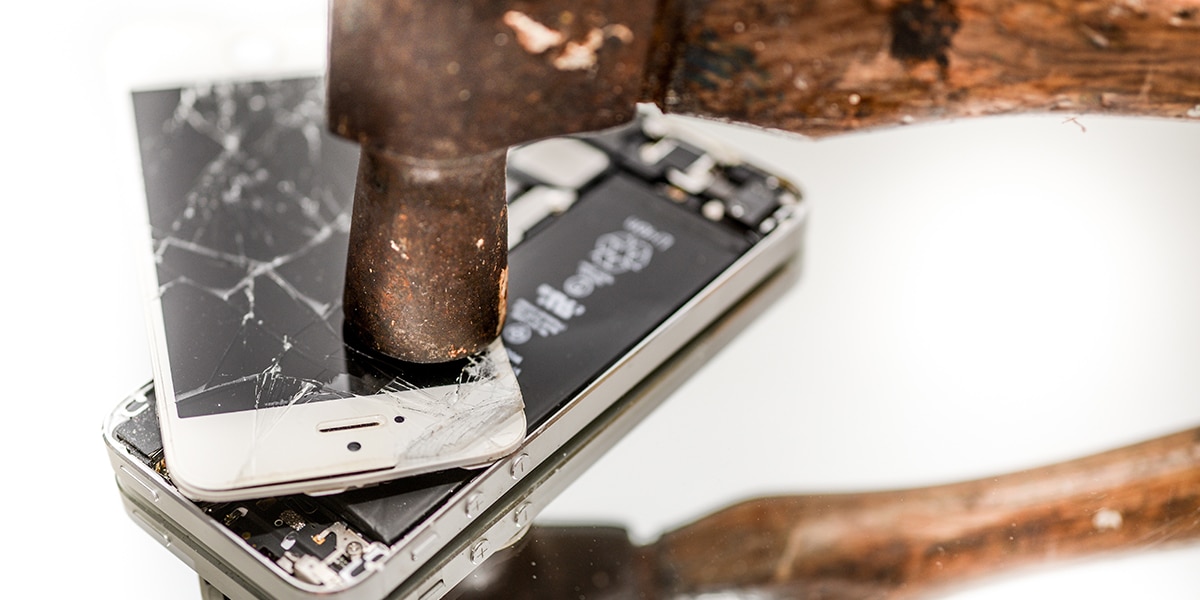How to Avoid Spoliation of Evidence:
Spoliation of evidence refers to the intentional destruction of potentially relevant evidence. Generally, it is the defendant who is in danger of spoliation evidence. This is because the defendant is usually the one in control of the location of the damage.
If evidence is intentionally destroyed, there can be serious consequences. Some of these consequences are: discovery sanctions on the spoliation party, bar duplicate evidence where fraud or intentional destruction is indicated, and allowing an inference via jury instruction that the evidence would have been unfavorable to the spoliation party.
Luckily, there are some simple things that can be done to reduce the risk of evidence spoliation. Implementing the ICP protocol is a good step. ICP stands for Identify, Collect, and Preserve. First, any potentially relevant evidence must be identified. Evidence can be documents, videos, photographs, emails phone records, text messages, voicemails, etc. Next the evidence must be collected. And lastly, the evidence must be preserved in a way that will prevent any loss or destruction. Keeping paper records in a safe and creating an electronic copy are two great ways to preserve evidence. Any electronic information should also be saved on a computer and another copy on a hard drive. All employees should be familiar with and under the ICP protocol.
When incidents happen, a potentially relevant piece of evidence might need to be repaired. This is common in cases where a car was involved in an accident or a factory sustained a fire. In both cases, the evidence needs to be repaired so it can be used again. Written correspondence must be sent to all potential parties about the need to repair evidence. The notice should be prompt, sent to all potential parties, and provide a reasonable amount of time for the potential parties to inspect, test, etc. all the evidence prior to its repair. Allowing all potential parties the opportunity to inspect the evidence, helps to avoid the spoliation of evidence and reduces the risk of a spoliation allegation.
For more Tidbits & Thoughts, please click here.






